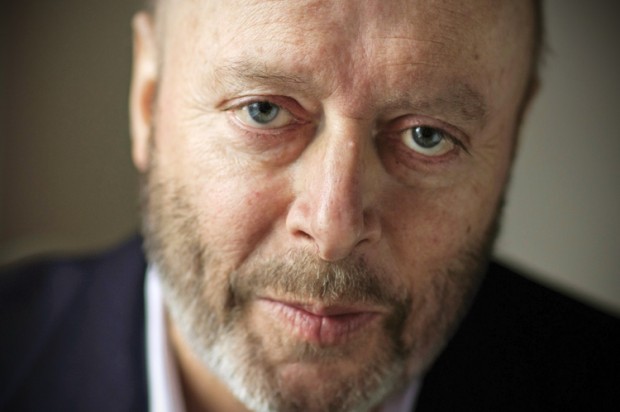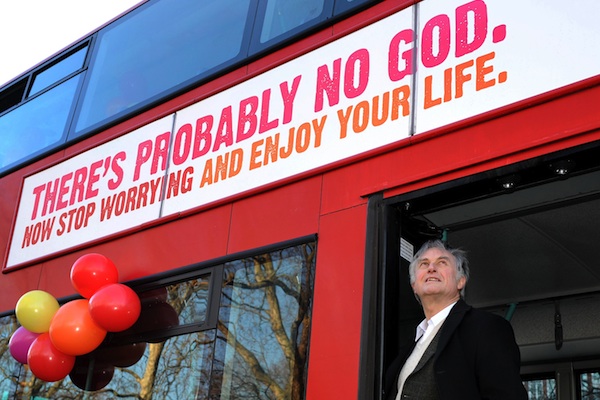My guest stint at Times And Seasons went well enough that they decided to let me join as a permablogger, for which I am both grateful and excited. This coming Monday, I’m going to start posting weekly with the first in a series I’m planning about modern secularism and Mormonism. But I’ve got some general comments about the claims of modern secularists that I want to get to right now.
1. Atheism and Christianity: Not Apples to Apples
Any debate between a modern secularist (i.e. New Atheist or New Skeptic) and someone of religious faith starts with a tactical advantage for the atheist because atheism, as a category, has no history, no text, and no dogma. There’s virtually no content and therefore nothing to defend. The representative of religion, by contrast, is expected to answer for the history, text, and dogma not of theism (which, like atheism, is a mere category), but of Christianity (or other religions), which is a particular instance of theism.
 A fair debate would either pair generic atheism with generic theism, or it would pit a specific instance of atheism against a specific instance of theism. It’s not as though there are no organized instantiations that fall under the broad umbrella of atheism, after all. Maoism would be one particularly unpalatable example, since it clearly embraced atheist belief in the non-existence of God and drew the conclusion atheists often draw which is that religion is irrational and dangerous. As a result, Mao bloodily repressed religion during the Cultural Revolution. Am I suggesting that atheism ought to be held responsible for the actions of every instantiation of atheism? Absolutely not, nor am I suggesting that Maoism is typical of atheism any more than radical Islamic terrorists are representative of religion (or even of Islam). I’m just illustrating how much of a tactical advantage it is to only have to defend a generic abstraction.
A fair debate would either pair generic atheism with generic theism, or it would pit a specific instance of atheism against a specific instance of theism. It’s not as though there are no organized instantiations that fall under the broad umbrella of atheism, after all. Maoism would be one particularly unpalatable example, since it clearly embraced atheist belief in the non-existence of God and drew the conclusion atheists often draw which is that religion is irrational and dangerous. As a result, Mao bloodily repressed religion during the Cultural Revolution. Am I suggesting that atheism ought to be held responsible for the actions of every instantiation of atheism? Absolutely not, nor am I suggesting that Maoism is typical of atheism any more than radical Islamic terrorists are representative of religion (or even of Islam). I’m just illustrating how much of a tactical advantage it is to only have to defend a generic abstraction.
The reality is that the New Atheists actually do make specific, concrete claims that deserve scrutiny and require defense. In particular, the New Atheism entails myopicy materialism, radical reductionism, and extreme empiricism. Each of these is a contentious philosophical proposition, and none of them can be defended by pointing to scientific, quantitative experimentation. Nope, it’s experimentation itself that actually requires philosophical defense.
It’s not that modern secularists are deliberately avoiding these tough questions, of course. It’s more a matter of the fish not knowing what “wet” is. Scientism is so ascendant in particular regions of Western civilization that folks aren’t even aware that they have a specific paradigm, and much less that it might have feet of clay.
Read more





